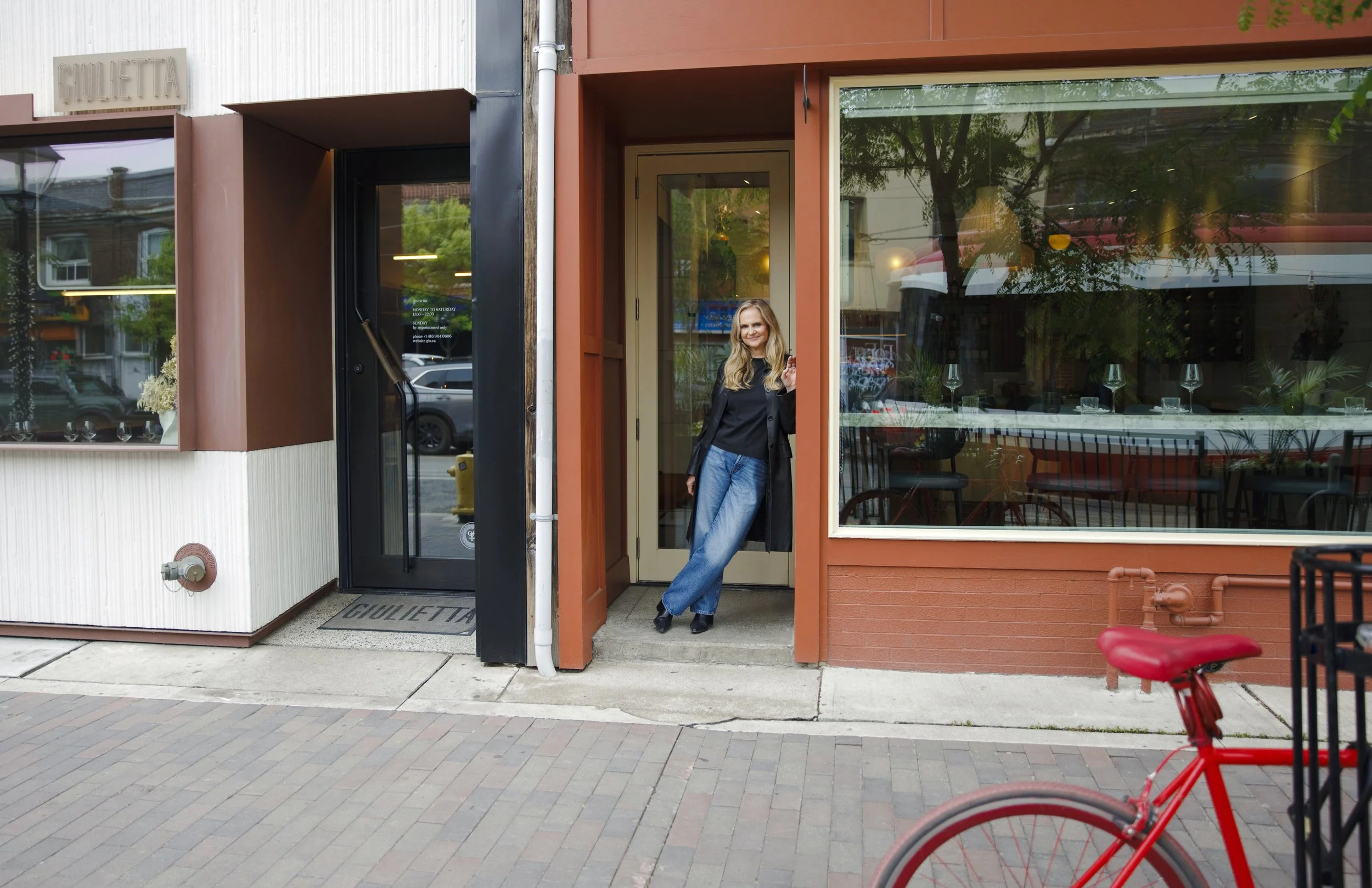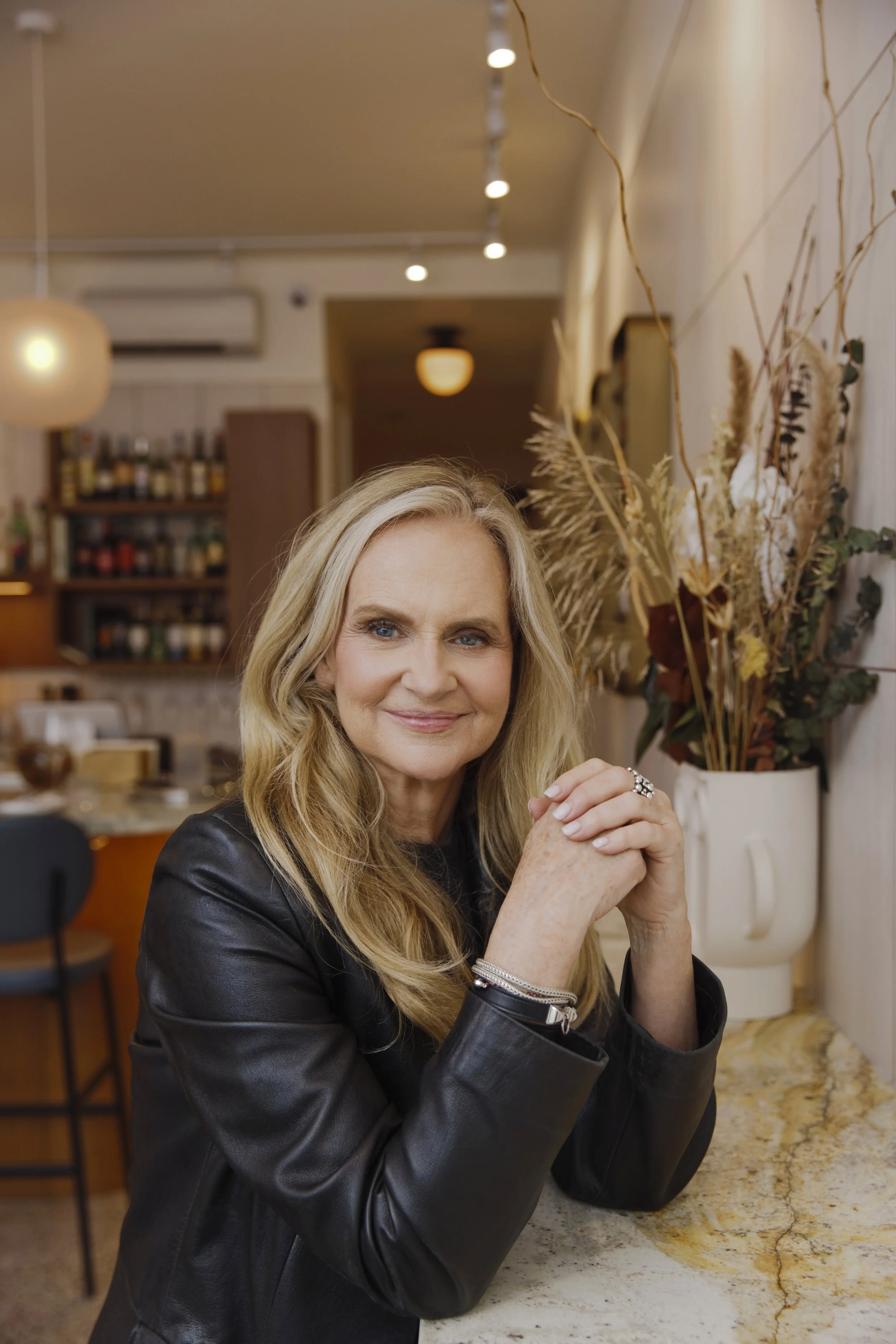
NANCY LEE JOBIN
FORGET COOKIE-CUTTER REAL ESTATE
After years in marketing and brand strategy, I didn’t just pivot to real estate, I brought the whole toolkit with me. Think creative edge, business brains, and a knack for telling a home’s story in a way that actually resonates (and sells). I focus on Central Toronto not just because it’s a hot market, but because it’s been my home. I know the character of every street, the vibe of each block, and what makes these neighbourhoods pulse.
my approach?
Boutique and no-BS. I listen closely, offer real talk, and help clients make smart, confident moves in a market that doesn’t make it easy.
If you're selling, your home won’t just be listed - it’ll be properly positioned. With sharp strategy, thoughtful pricing, and marketing that makes the right people look twice.
If you're buying, I’m your steady hand. I’ll help you cut through the noise, spot the value others miss, and negotiate like it’s my own money on the table.
This is real estate with strategy, style, and substance. It’s rooted in decades of experience and always built around you. Let’s chat.
the word around town
“Finding your dream home in Toronto isn’t always easy but working with Nancy Lee made all the difference. Thanks to her, I found the perfect home in the Annex. I wouldn't hesitate to work with her again and recommend her wholeheartedly to anyone looking for a true pro in their corner.”
- Bonnie, The Annex
“Nancy Lee was incredibly helpful when we were looking to buy a property in Toronto. As French speakers newly arrived from Quebec, we were unfamiliar with the market, its rules, and its specifics. Her expertise and bilingualism were invaluable support, and we were truly grateful to her. We always felt she had our best interests at heart, and we wouldn’t hesitate to recommend her.”
- Martin & Isa, The Junction
“After interviewing three agents, I chose Nancy Lee and she was outstanding from start to finish. She nailed the pricing strategy, coordinated a massive amount of prep work to get my home market-ready, and managed the marketing and showings with total precision. Thanks to her, I sold my house in Rosedale for the full asking price!”
- Sarah, Rosedale
“Nancy Lee played an important role in making our move to Ontario very smooth. She quickly grasped our lifestyle priorities and narrowed our search to find a new home. She patiently walked us through many logistical questions and made helpful connections. Locally, she continues to connect us to hidden gems and has been a key part of our community of new friends.”
- The Fowlers, Central Toronto
“When it came time to buy a home, we knew we wanted value, and saw potential in purchasing a home that needed renovation. Nancy Lee, who renovated numerous properties herself, not only understood our vision but also knew the ins and outs of Toronto renovation costs and timelines. Nancy Lee’s hands-on experience, insight, and guidance were instrumental in making it all happen.”
- Kendra & Dan, Little Portugal
“When my partner and I decided to buy a home, we weren’t sure which neighbourhood to focus on. Nancy Lee took the time to show us properties all over the various downtown areas, helping us understand each neighbourhood before making a decision. The best part? Her negotiation skills. We bought during one of the most competitive periods in the Toronto market - bidding wars were happening even for condos. Nancy Lee went above and beyond to get us a home within our budget. She was completely in our corner every step of the way.”
- Kristina & Fred, Trinity Bellwoods




